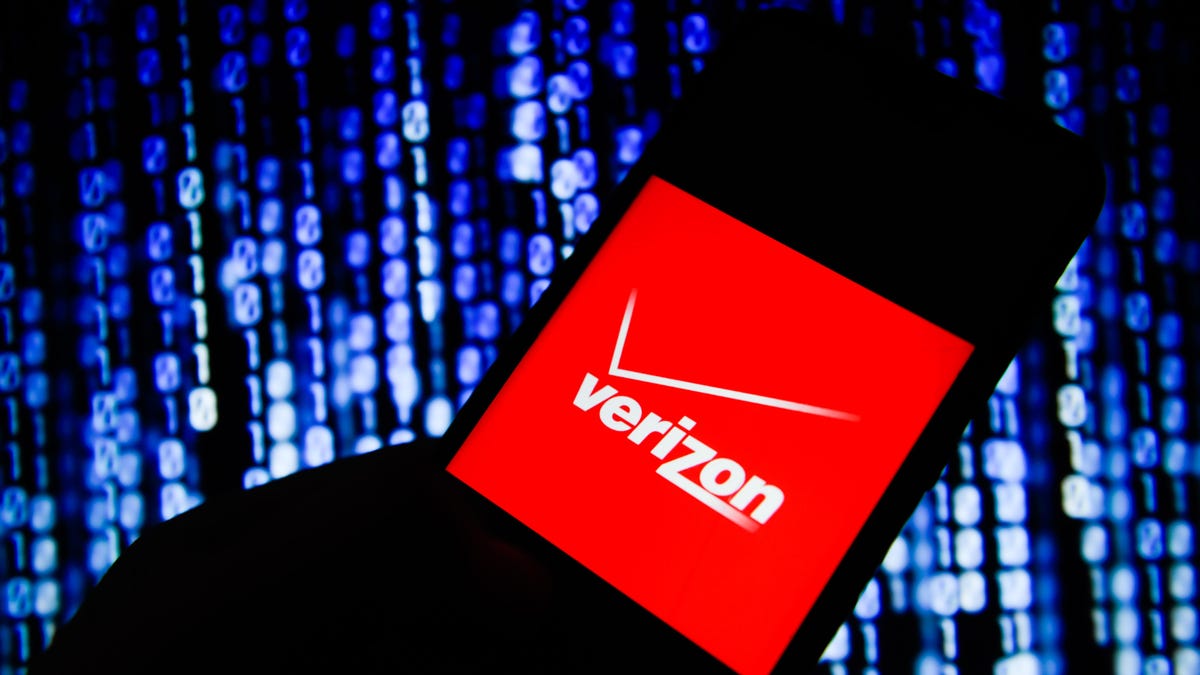FCC gives thumbs-up to Verizon to lock phones for 60 days
The carrier says the temporary lock is meant to deter phone thieves.

Verizon will soon start locking its phones for 60 days to deter thieves from stealing and reselling them.
The Federal Communications Commission has given Verizon permission to lock the new phones it sells to help curtail theft. The agency granted the waiver so the carrier could start locking the phones for a period of 60 days. The lock prevents consumers from swapping out SIM cards and using a phone on another network.
in February when it filed for the waiver, Verizon explained in a blog post that it was taking the action to deter criminals from stealing customers' identities to order new phones under false names and resell them. Unlocked phones are easy targets for thieves because they can be resold and work on any network. This is a problem especially for high-end smartphones like the iPhone, which retail for more than $1,000 and retain their resale value.
Ronan Dunne, executive vice president and group CEO of Verizon Consumer Group, said in a statement that Verizon will automatically unlock all phones it sells 60 days after purchase.
"Verizon plans to implement a short, 60-day fraud safety check period, which will go into effect very soon," he said. "After the 60-day period the phones will unlock automatically. That means fraudsters who order and steal phones -- clearly with no intention of ever paying for them -- will have a much harder time."
Theft of new phones is a growing issue, costing the company $190 million in 2018, Verizon said previously. That figure was up from about $115 million in 2017. The company said more than 7,000 customers per month were affected by such thefts last year. In 2017, the company was seeing about 4,800 fraudulent phone sales per month.
Verizon is the only US wireless carrier that must seek permission to unlock its phones. The company is required under FCC rules to sell all its phones unlocked. That's the result of a deal Verizon struck with the FCC in 2008 when it licensed the "C block" of 700 megahertz spectrum, which powers its 4G LTE network.
The FCC said it doesn't believe granting the limited waiver will hurt the objective of the rule. And the agency said it believes it's actually in the public interest to let Verizon lock the phones for 60 days.
"The locking rule was adopted to enable consumers to migrate from one service provider to another on compatible networks," the FCC said in its waiver. "Allowing handsets to be locked for 60 days will not interfere significantly with this policy objective."
Meanwhile, phones sold by competitors like AT&T, T-Mobile and Sprint come locked. AT&T requires you to pay off your phone and be active on your service for at least 60 days. Even then, there's a 14-day wait after you make your request. Sprint also requires that you've paid off your phone and wait 50 days, though the phone is automatically unlocked. T-Mobile has the same paid device requirement and a 40-day wait period but will offer to temporarily unlock the device sooner for travel.

